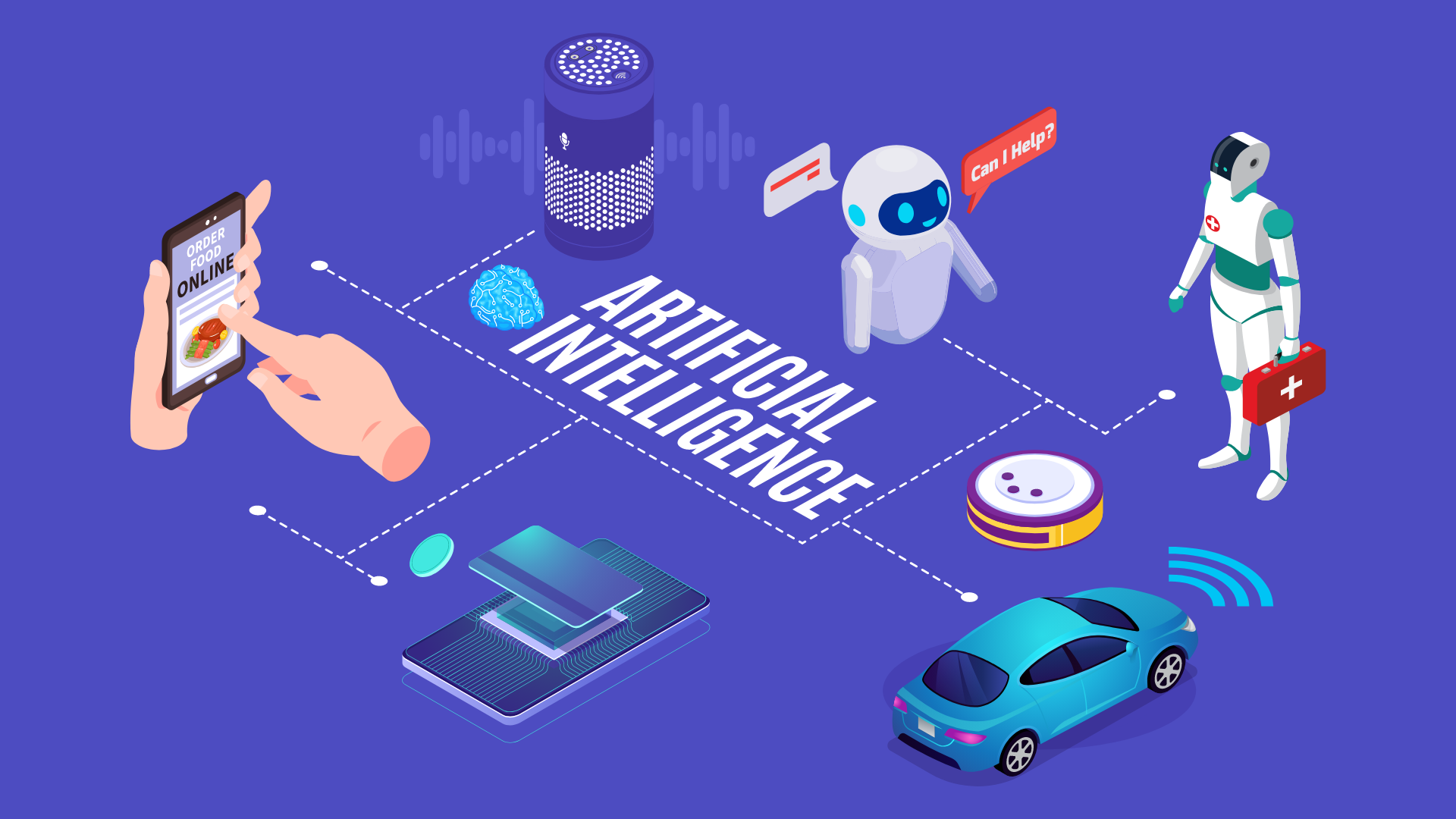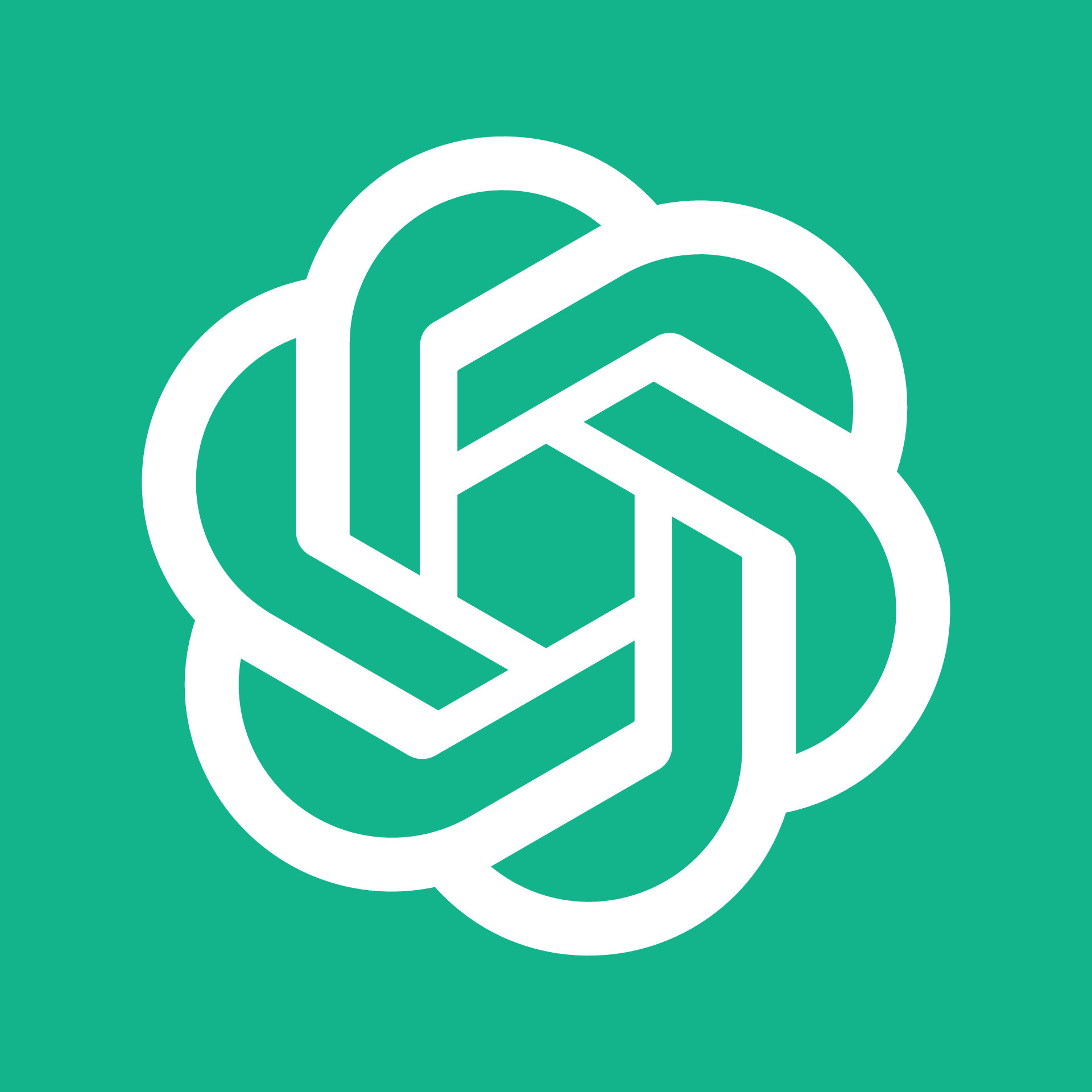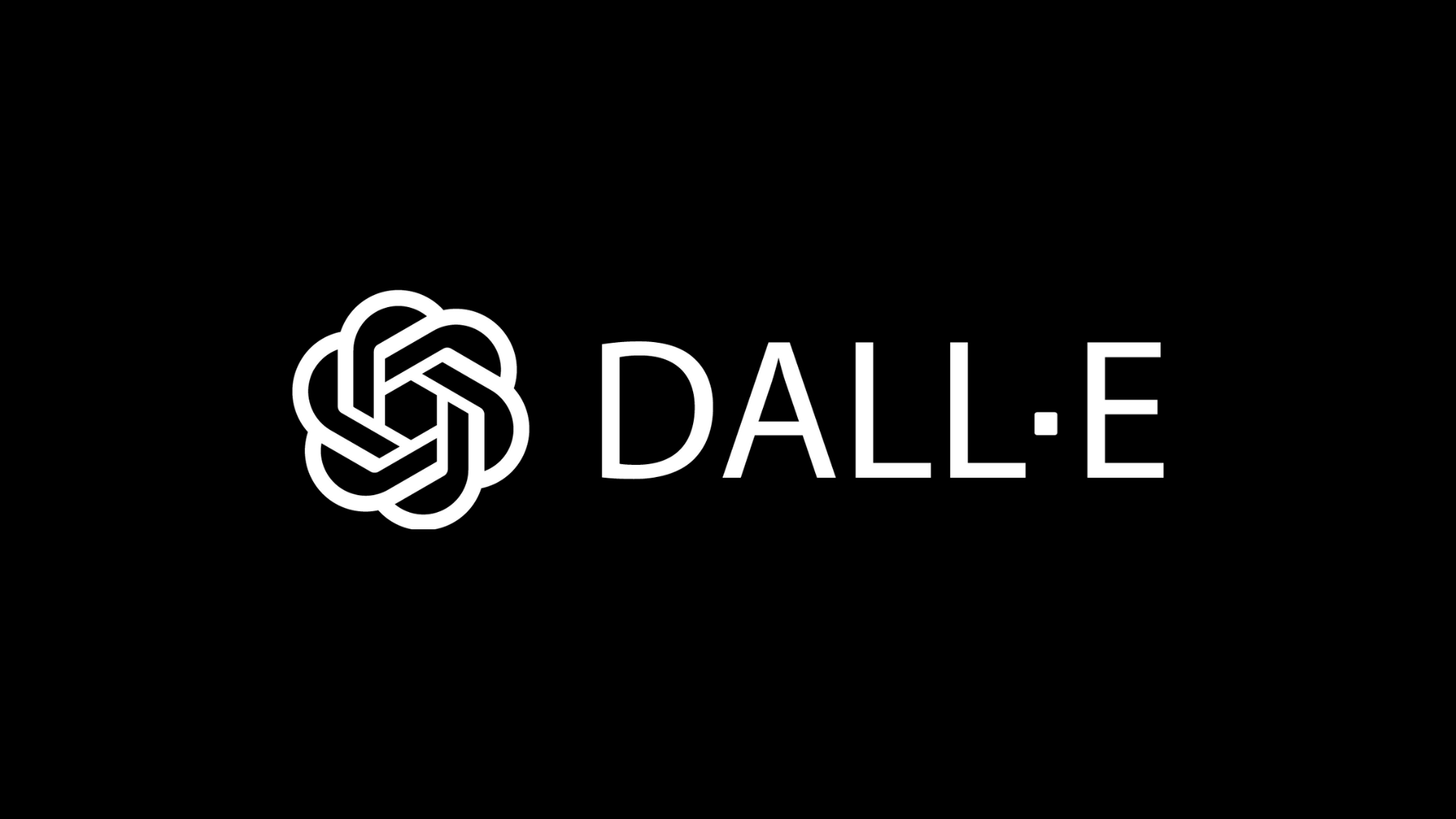Will AI steal your job?!
The future of AI points towards and urges for increasingly transparent technology, ethically
built,
and integrated into daily tasks, whether at work or in our personal lives, enhancing our
cognitive
abilities.
AI can make humans more productive, freeing professionals from certain mechanical and repetitive
tasks so they can use their full capacity to create and innovate in other sectors. A change in
the
job market has begun, and certainly, this will eliminate some jobs in the future.
But speaking from an optimistic perspective, Alessandro Jannuzzi, Director of Engineering and
Innovation at Microsoft Brazil, states that the company has committed to democratizing access to
AI.
“We are looking for the necessary resources in AI to help solve the most urgent problems in our
society. In this sense, our approach is divided into three pillars: leading innovations that
enhance
human capacity; building powerful platforms that make innovation faster and more accessible; and
developing a reliable approach that puts the customer in control and protects their data,” he
explained.
It is worth noting that in the business world, if you are not being disruptive in your sector,
certainly someone else is. And AI can be the greatest ally in contributing to the kind of
digital
transformation that companies seek so much. Combined with human capacity, it can drive people to
do
amazing things.





